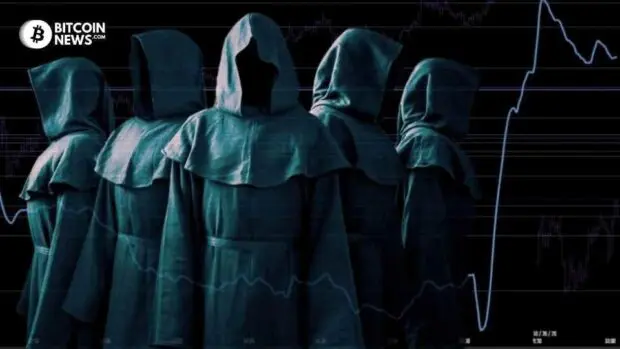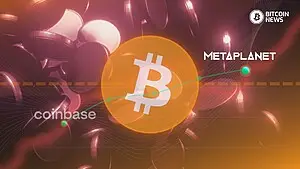This article was originally published by Austin Litman on Proofofwork.ca
Dark Pool trades are trades hidden from the public. Over half of all stock trades are made in dark pools, up from about 15% in 2010.
They came into use in 1980 and started as a way for large investors to sell lots of stock without causing panic in the live market. In most cases, the trades are not viewable until the next day, and investors use time zones worldwide to delay it as much as possible. The dark pool exchanges typically offer lower fees than regular exchanges.
A retail trader is disadvantaged without seeing the trades in real-time. Let’s say Jimmy buys 100k shares of Stock X while an institution dumps 2 million shares of Stock X using a dark pool. If Jimmy had seen the dark pool trade on his screen, he would have waited for the price to settle and bought his 100k shares after.
To use dark pools, you need to work with a private company/bank, broker or an exchange that uses one.
Big banks use them, and some have gotten sued for using Dark Pools. Not for using them in general but for downplaying how much impact they have. Barclays was sued in 2014, and ITG and UBS in 2015.
You can view dark pools by buying a subscription to a service that pulls the data using APIs. If you have trouble finding one on Google, DM me, and I can send you one.










